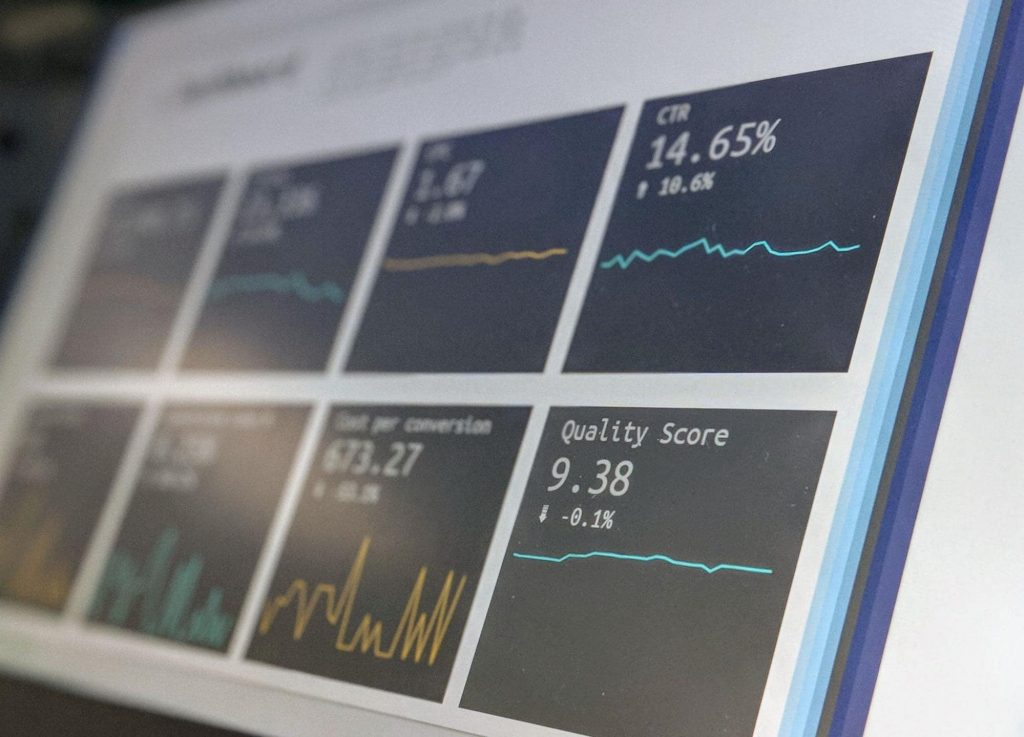Digitization is a transformative process that has been gradually reshaping industries and economies worldwide.
By converting analog information and processes into digital formats, digitization enables businesses to harness the power of advanced technologies, creating innovative solutions and streamlining operations.
In an increasingly interconnected and competitive world, digitization has become a driving force behind business success, as it allows organizations to adapt to rapidly changing markets, consumer demands, and global challenges.
As businesses embrace digitization and incorporate digital technologies such as cloud computing, automation, artificial intelligence, and data analytics into their workflows, they are redefining the way they operate, leading to numerous benefits.
These benefits include improved communication and collaboration, streamlined processes, cost reduction, increased customer engagement, and more robust security measures.
The impact of digitization extends beyond individual businesses, as it also contributes to economic growth and global equality by leveling the playing field for organizations of all sizes.
Improved Communication and Collaboration
Effective communication and collaboration are vital for business success. Digitization has significantly improved the way people share information and work together. Digital platforms enable seamless communication and collaboration across departments and geographical locations, facilitating faster decision-making and problem-solving processes.
Employees who collaborate on projects are up to 17% more satisfied with their job and workplace culture than those who don’t. By providing the right digital tools and platforms, businesses can foster a culture of collaboration and boost overall productivity.
Automation of Processes

The 4th Industrial Revolution (4IR) leverages disruptive technologies like artificial intelligence, robotics, virtual reality, blockchain, and the Internet of Things (IoT) to create new ways of producing goods and services. Automation plays a significant role in this revolution, allowing businesses to streamline operations and eliminate repetitive, time-consuming tasks.
By automating processes, companies can increase efficiency and productivity while reducing the risk of human error. In turn, this can lead to cost savings and improved customer experiences.
Data Accessibility and Analysis
Digitization has made it easier for organizations to access and analyze data, helping them make informed decisions to optimize their operations. However, challenges such as data silos, a lack of metadata, and inadequate data governance policies can hinder accessibility.

Implementing self-service business intelligence tools and robust data governance policies can improve data accessibility, allowing employees to access the information they need to make better decisions. Accessible data can lead to improved customer engagement, streamlined processes, and reduced costs.
Cost Reduction
A well-planned cost-reduction strategy is crucial for maintaining profitability and ensuring long-term business sustainability. Digitization can contribute to cost reduction by streamlining processes, eliminating waste, and improving efficiency.
By prioritizing customer experience and employee morale, a cost reduction strategy can lead to increased engagement, improved loyalty, and enhanced productivity.
Increased Customer Engagement
Digitization enables businesses to enhance customer engagement by creating personalized experiences based on individual interests and needs. By optimizing team structures, operations, and technology, companies can create connected feedback loops with customers and strengthen relationships.
Improved customer engagement can lead to long-term brand loyalty and business growth.
Enhanced Security Measures
Digitization has increased the need for robust security measures to protect sensitive information and assets from internal and external threats. Enterprises must adopt comprehensive security solutions, including firewalls, virtual private networks (VPNs), and antivirus software, to safeguard their networks.
Additionally, physical security measures such as cameras, scanners, detectors, and sensors can help protect premises from intruders and unauthorized activities.
Expansion of Reach and Market Share
Digitization allows companies to reimagine their core business processes, improve productivity, and reduce costs by introducing new digital efficiencies. By leveraging digital technologies, businesses can tap into new markets, expand their reach, and increase market share.
Increased Efficiency and Productivity
Digitization enhances efficiency and productivity by automating processes, streamlining workflows, and improving the flow of information across an organization.
This increased transparency helps leaders track workflows and understand employee activities, boosting confidence in the company’s ability to meet its goals.
Digitalization has significantly changed the way we conduct business. By adopting digital technologies, businesses can improve efficiency, reduce costs, and enhance customer experiences. Digitization has also enabled companies to reach a wider audience and tap into new markets, fostering growth and innovation.
As technology continues to advance, digitization will remain an integral part of businesses’ strategies for staying competitive and relevant in the ever-evolving global market. Embracing digitization and adapting to its implications can lead to a more connected, efficient, and prosperous future for businesses and individuals alike.
Related Posts:
- Guide to SD WAN and Its Major Business Advantages
- Top 5 VPN Services: An In-Depth Guide to Their Distinct Advantages
- How eCommerce Businesses Can Take Advantage Of Technology
- Three Types Of Cloud Storage And Their Benefits
